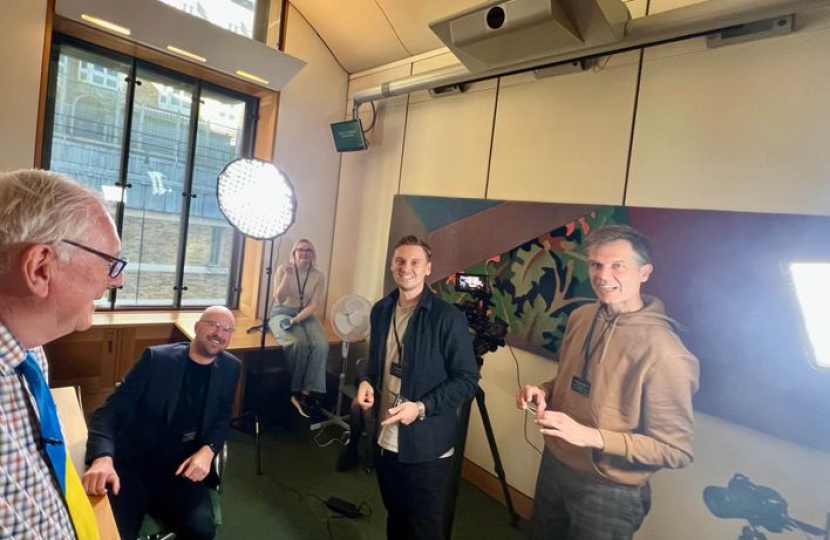
Last week, I had the opportunity to sit down for an interview with the Dutch equivalent of the BBC (NOS) about the length of service of MPs in both the UK and the Netherlands.
Their focus was on the apparent wave of early retirement from political service in both nations because of the unendurable strains felt by male political representatives.
The question came up about our differing election systems. They have national proportional representation with many parties; we have first-past-the-post.
They put together a coalition after each election; our main parties do it internally, before the election.
They asked why someone who votes for an alternative party is not represented. I described that this was a misunderstanding. Everyone is represented by the constituency MP, regardless of party and regardless of vote. Under their system, no one is represented by a constituency MP.
I described the key advantages of our system, including the cross-party campaigns for the Goring Gap, for the local hospital and its vital services in updated buildings, for schools and colleges, and for fair play for residential leaseholders. All of this comes in addition to our quiet private endeavours for individuals, households and community causes.
The question of social media pressure and online hate came up, too. We can recognise the modern dangers of social media and the digital realm. Much more can and should be done to protect those in vulnerable positions of authority or prominence.
I suggested it is not necessary to read everything all the time. It is not necessary always to respond. Amiable disagreement can be all right.
To the viewers in the Netherlands who may be surprised to hear my point of view, I say:
'Elk systeem heeft zijn voor- en nadelen; democratie in de kern is het allerbelangrijkste' - Every system has its advantages and disadvantages; democracy at its core is what matters most.



